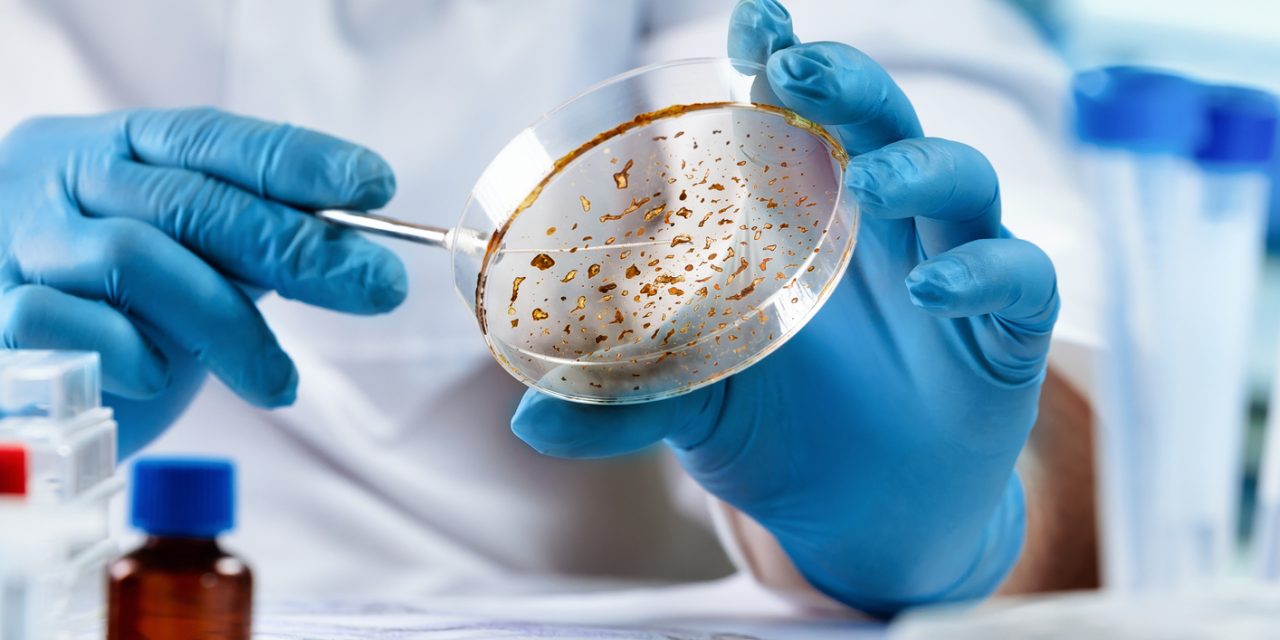With increasing use of Xpert MTB/RIF a point of care molecular test for simultaneous detection of TB and resistance to rifampicin, a growing number of rifampicin resistant cases are being detected and notified. Insights into the variation and frequencies in the probe mutations obtained through Xpert testing in the RRTB case will form the baseline information for further investigation on drug resistance. In this study we did a retrospective analysis of the GeneXpert data obtained from patient samples received at a National reference laboratory in Chennai between the years 2014 and 2020 to look at the probe distribution, the variation in the mutation and explore its significance. Probe E mutation was most commonly identified followed by Probe D, Probe A, Probe B and Probe C. Coexistence of multiple probe mutations in low bacillary load samples could be related to prolonged amplification cycle leading to delayed hybridization of probes. In such instances reporting false RR in xpert testing is possible. The probe mutations of RR should be monitored in depth with inclusion of codon specific targets for management of drug sensitive TB. In addition, heteroresistance needs to be further tested by alternative genotypic methods to avoid false resistance.Copyright © 2022. Published by Elsevier Ltd.
Characterization of probes associated with rifampicin resistance in M.tuberculosis detected by GenXpert from a national reference laboratory at Chennai.


